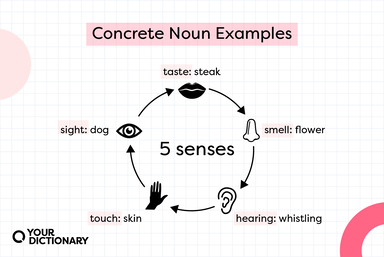Touch Definition
- Aware of the latest developments, as in current events or an area of interest.
- Able to appreciate or understand the concerns or difficulties of others.
- Unaware of the latest developments, as in current events or an area of interest.
- Unable to appreciate or understand the concerns or difficulties of others.
- To renew a line of communication:
- to land
- to represent accurately or aptly
- to make explode or detonate; fire
Idioms, Phrasal Verbs Related to Touch
Origin of Touch
-
From Middle English touchen, tochen, from Old French tochier ("to touch"; > Modern French toucher; compare French doublet toquer (“to offend, bother, harass")), from Vulgar Latin *toccāre (“to knock, strike, offend"), from Old Frankish *tokkōn, *tukkōn (“to knock, strike, touch"), from Proto-Germanic *tukkōnÄ…, *tukkijanÄ… (“to draw, jerk, knock, strike, offend"), from Proto-Indo-European *dukn-, *dewk- (“to draw, pull, lead"). Cognate with Old High German zochhōn, zuhhōn ("to grasp, take, seize, snatch"; > German zucken (“to jerk, flinch")), Low German tokken, tukken (“to fidget, twitch, pull up, entice"), Middle Dutch tocken, tucken ("to touch, entice"; > Dutch tokkelen (“to strum, pluck")), Old English tucian, tÅ«cian ("to disturb, mistreat, ill-treat; offend; afflict, harass, vex; punish, torment"; > English tuck). Compare also Old Frisian tetzia, tetsia (“to seize, appropriate to oneself"), Gothic 𐍄𐌴𐌺𐌰𐌽 (tekan, “to touch"), Old Norse taka (“to touch, grasp"), Middle Low German tacken (“to touch"), Old English tacan (“to touch, take"). Outside Germanic, cognate to Albanian cek (“to touch"). More at tuck, take.
From Wiktionary
Middle English touchen from Old French touchier ultimately from Vulgar Latin toccāre
From American Heritage Dictionary of the English Language, 5th Edition
Touch Is Also Mentioned In
Find Similar Words
Find similar words to touch using the buttons below.





